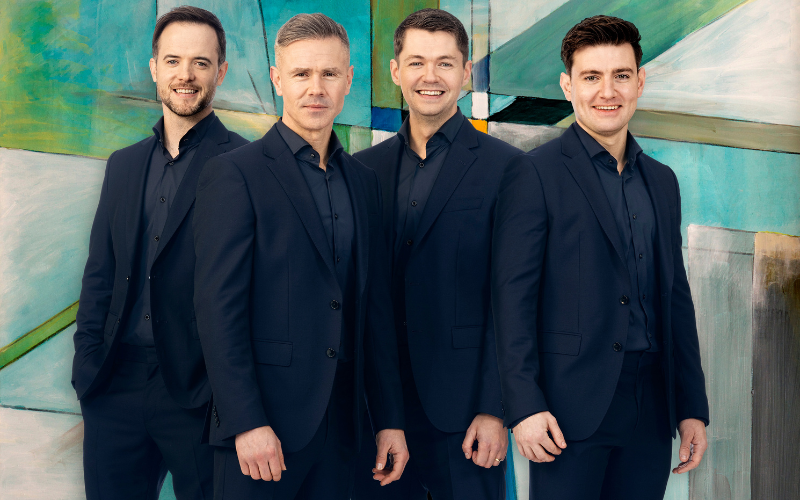Learning a new language can be a daunting task, but it can also be a rewarding and fulfilling experience.
If you're considering learning a new language, why not try learning Irish, or Gaeilge, as it's known in Ireland? Not only will you be able to communicate with the Irish people in their native language, but you'll also gain a deeper understanding and appreciation of the rich culture and history of Ireland.
One of the first things you'll notice about the Irish language is its unique pronunciation and spelling. However, once you get the hang of it, you'll find that Irish is actually quite simple and easy to learn.
In fact, you can start by learning just a few key phrases, such as "Dia dhuit" (hello) and "Go raibh maith agat" (thank you).
Using a few Irish phrases while you're in Ireland can go a long way in building rapport with the locals, especially in the Gaeltacht regions where Irish is the primary language spoken. The Gaeltacht regions are scattered throughout the country and are known for their stunning scenery, rich culture, and strong sense of community.
The Irish people are proud of their language and culture, and they'll be delighted and grateful if you make an effort to speak Irish, even if it's just a few words. It shows that you have an interest in their culture and heritage, and it's a great way to break down cultural barriers and connect with the locals.
If you're serious about learning Irish, there are plenty of resources available to help you. You can start by taking a course at a local community center or college, or you can find online courses and tutorials that cater to all levels of learners.
There are also plenty of Irish language immersion programs available throughout Ireland, where you can live with an Irish-speaking family and immerse yourself in the language and culture. This is a great way to fast-track your learning and gain a deeper understanding of Irish culture and history.
Here are ten short Irish language lessons from IrishCentral:
Dia duit
"Dia duit" is a common greeting in the Irish language, which means "God be with you" in English. If you're visiting Ireland, using "Dia duit" to greet locals can be a great way to show respect and interest in Irish culture.
Dia is muire dhuit
"Dia is Muire duit" is a response to the Irish greeting "Dia duit", meaning "God and Mary be with you". It is a polite response to someone who greets you with "Dia duit".
Conas atá tú
"Conas atá tú" means "How are you?" in English.
Tá mé go maith
"Tá mé go maith" is a common response to the Irish greeting "Conas atá tú", meaning "I'm good" in English.
Is mise... (your name)
"Is mise" is an Irish phrase that means "I am" in English. This phrase is often used when introducing oneself in Irish.
Agus
"Agus" is a common conjunction in the Irish language that means "and" in English. This word is used to link two nouns, verbs, phrases, or clauses together in a sentence.
Go raibh maith agat
"Go raibh maith agat" means "thank you" in English.
Ná habair é
"Ná habair é" means "don't say it" or "don't mention it" in English.
Agus tú féin?
"Agus tú féin?" means "and you too" in English.
*Originally published in March 2023. Updated in January 2024.




Comments